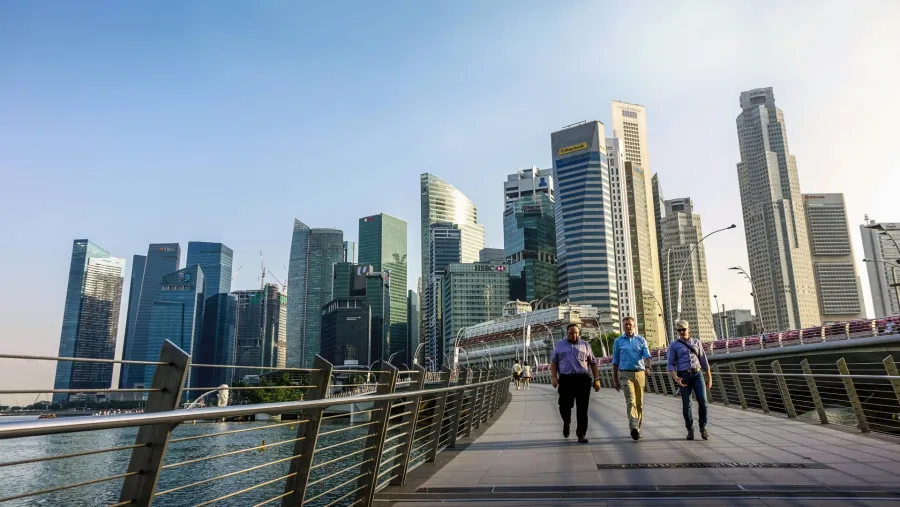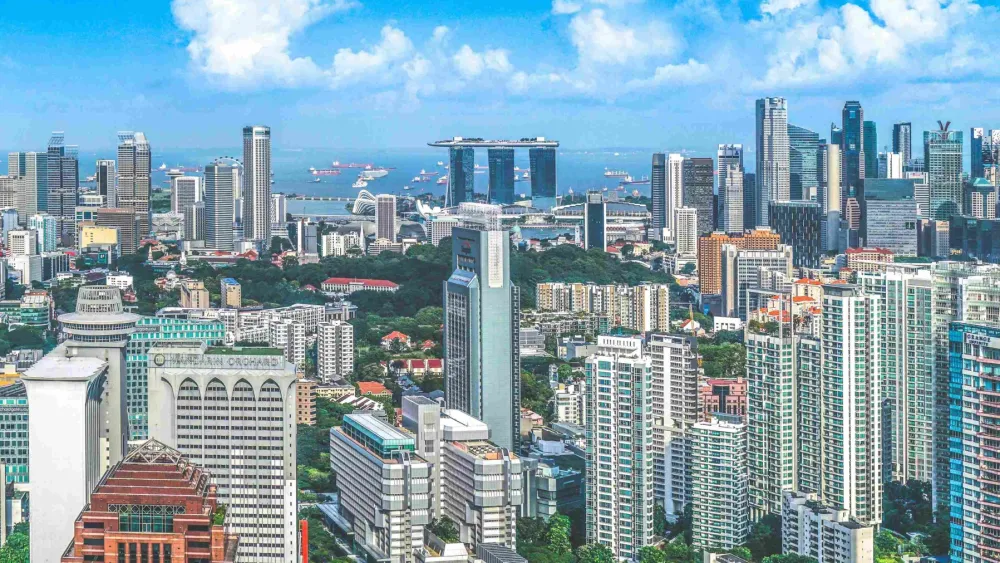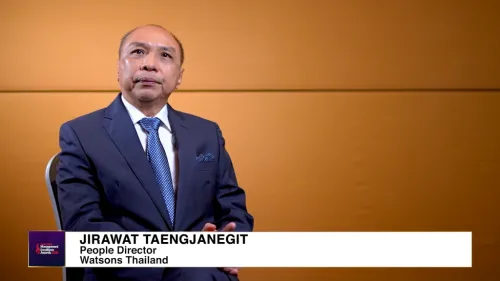
S-REITs shift to cash-backed yields, eye 5.5% in FY 2025
It aims to minimise dilution and align distributions with recurring cash earnings.
Singapore’s real estate investment trusts (S-REITs) sector is transitioning to more sustainable distribution models, with managers cutting back on capital top-ups and shifting to cash-based management fees.
According to DBS Group Research, fiscal year 2025 (FY 2025) forecasted yields for S-REITs are expected to settle around 5.5% when adjusted for capital top-ups and full cash-based management fees, down from reported levels of 6.1%.
The shift follows efforts by S-REIT managers to reduce the proportion of management fees paid in units, which dropped from 45% in FY 2023 to 41% in FY 2024.
The move aims to minimise dilution and align distributions with recurring cash earnings.
At the same time, many REITs are phasing out capital top-ups previously used to stabilise distributions during asset enhancement initiatives or high-interest rate periods.
Interest cost pressures appear to be easing. In Q1 2025, average funding costs dropped 5 basis points quarter-on-quarter to 3.85%.
With three-year swap rates hovering below 2.0%, funding costs could fall further, improving earnings visibility and supporting yield recovery.
Despite the moderation in headline yields, Singapore REITs still offer a compelling spread of 3.0% over the 10-year Singapore government bond yield.
This spread remains the highest amongst developed Asian REIT markets, which may attract capital inflows, especially with the Singapore dollar holding steady.
Retail S-REITs such as CapitaLand Integrated Commercial Trust (CICT) and Frasers Centrepoint Trust (FCT) continue to lead in income stability, whilst large-cap names like Mapletree Pan Asia Commercial Trust (MPACT), Mapletree Logistics Trust (MLT), and Mapletree Industrial Trust (MINT) offer adjusted yields in the 6.5%–7.5% range.
Amongst mid-caps, ESR REIT, Starhill Global REIT, and Daiwa House Logistics Trust stand out with “true” yields exceeding 7.0%.
European REITs like Elite and Stoneweg lead the pack with yields around 10%, followed by overseas retail REITs such as Sasseur and CapitaLand China Trust at about 7.8%. These subsectors are considered undervalued relative to their risk profiles.
Overall, two-thirds of S-REITs are trading below net asset value (NAV), with the sector priced at 0.83x price-to-book.
The expected rate cuts in 2025 may further compress cap rates and support valuations. DBS estimates that a 1 percentage point decline in rates could lift sector-wide DPUs by approximately 2.4%.
With the sector's adjusted yield of 5.5% still competitive against regional peers, the focus is likely to shift to mid-cap REITs and higher-yielding names offering stronger risk-adjusted returns.



















 Advertise
Advertise








